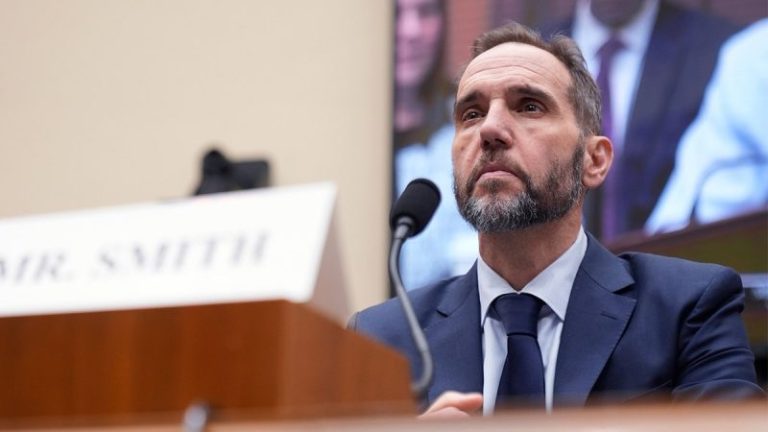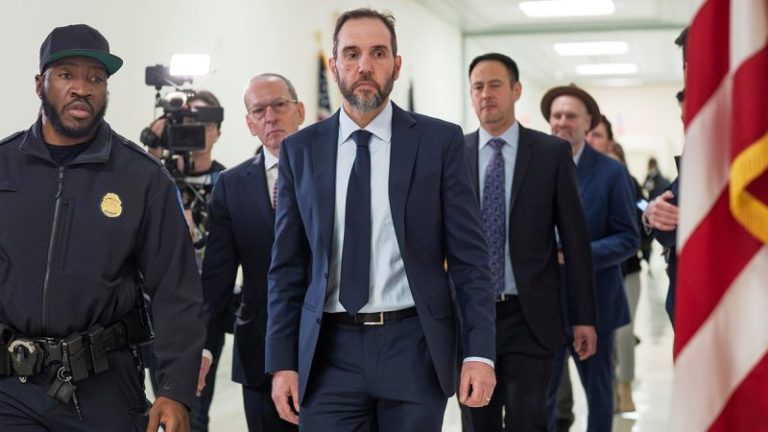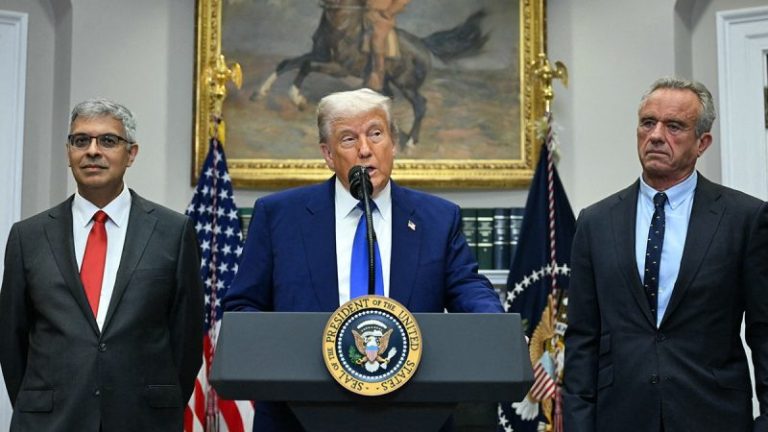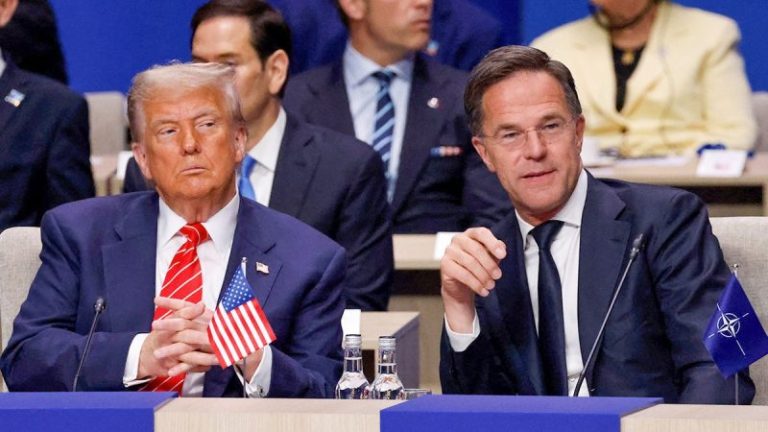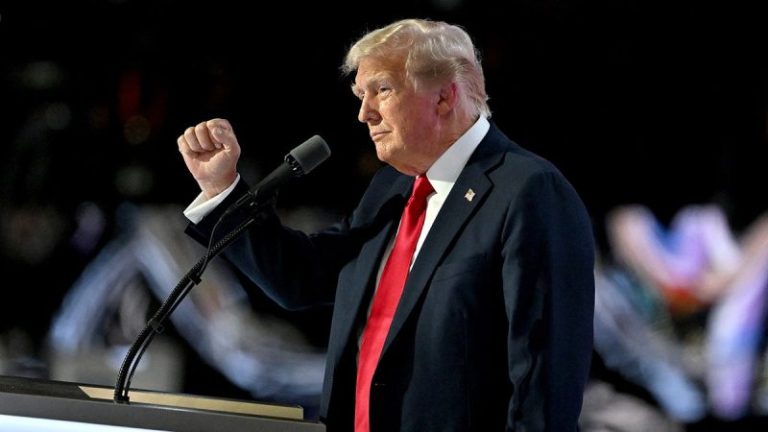Investor Insight
ILC Critical Minerals, formerly known as International Lithium Corp., offers investors exposure to the growing critical metals sector through its advanced-stage Raleigh Lake lithium-rubidium project in Ontario, early-stage copper-cobalt exploration at Firesteel in Ontario, and strategic focus on Southern Africa, all supported by strong infrastructure and a seasoned leadership team.
With strategic divestments, a robust financial position, and a focused growth strategy, ILC Critical Minerals is well-positioned to meet the rising demand for lithium and other critical metals
Overview
ILC Critical Minerals, (TSXV:ILC,OTC:ILHMF,FRA:IAH,OTCQB:ILHMF) is a Canada-based mineral exploration company focused on the discovery and development of lithium and other critical metals essential for the transition to a cleaner, greener planet. With a portfolio of projects located in mining-friendly jurisdictions, the company’s primary objective is to build shareholder value by advancing its key assets towards production while expanding its presence in emerging critical metals regions.
ILC Critical Minerals’ flagship asset is the 100 percent owned Raleigh Lake lithium and rubidium project in Ontario. A preliminary economic assessment (PEA) for the Raleigh Lake project, completed in December 2023, demonstrated strong project economics and significant resource growth potential, including an annual after-tax cash flow of C$634 million, NPV of C$342.9 million and IRR of 44.3 percent, with a nine-year mine life and project duration of 11 years. This assessment did not yet include rubidium, which represents significant additional potential pending further market analysis.
Complementing its lithium focus, the company is advancing the Firesteel copper-cobalt project in northwestern Ontario, targeting high-grade base metal mineralization to further diversify its critical metals exposure.
In addition to its Canadian projects, ILC is positioning for further international growth with a strategic focus on Southern Africa. It has applied for exclusive prospecting orders (EPOs) in Zimbabwe, one of the world’s most prospective regions for hard rock lithium exploration.
Recent strategic divestments, including the sale of the Avalonia project stake, have strengthened ILC’s financial position, enabling focused investment in its core projects.
In 2025, ILC Critical Minerals acquired an option from Lepidico (Canada) Inc. to purchase 100 percent of Lepidico (Mauritius) for C$975,000. Lepidico Mauritius holds an 80 percent stake in Lepidico Chemicals Namibia (Pty) Ltd., which owns the Karibib Lithium, Rubidium and Cesium Project in Namibia.
The project comprises two areas with fully permitted mining licences, known as Rubicon and Helikon. It also hosts one of the largest disclosed rubidium resources in Africa, along with significant lithium and cesium mineralization.
Exercising the Karibib option would enable International Lithium to tap into the lithium market’s growth while solidifying its position as a leading rubidium producer. The project would also add major cesium resources outside China, strengthening the company’s role in three critical minerals vital to global supply chains.
As of October 2025, ILC Critical Minerals confirmed that Lepidico had met all loan drawdown conditions. The option, expiring after the pending Singapore arbitration between Lepidico Chemicals Namibia and Jiangxi Jinhui Lithium, remains dependent on the arbitration’s outcome and will guide International Lithium’s decision on proceeding with the acquisition.
The company is led by an experienced management team with a strong technical background in mineral exploration, project development and corporate finance. Supported by access to established infrastructure, a commitment to sustainable development practices, and a clear strategic focus, International Lithium is well-positioned to capitalize on the increasing global demand for lithium and other essential materials critical to the clean energy transition.
Company Highlights
- ILC Critical Minerals is focused on developing lithium and critical metals projects in Canada and Southern Africa, aiming to deliver shareholder value through project development, strategic partnerships and project sales.
- Raleigh Lake is ILC’s wholly owned flagship lithium-rubidium project in Ontario, Canada, with a positive PEA completed in December 2023.
- ILC holds a 90 percent interest in the Firesteel copper and cobalt project in Northwestern Ontario, with exploration permits filed and drilling programs planned.
- The company has applied for exclusive prospecting orders (EPOs) in Zimbabwe and is continuing to review further exploration opportunities in Southern Africa.
- ILC is debt-free with a robust financial position. It has monetized its non-core assets, including the sale of its stake in the Avalonia project in Ireland, resulting in a C$2.5 million payment and a 2 percent net smelter royalty.
- ILC secured an option to acquire 100 percent of Lepidico (Mauritius), which owns an 80 percent interest in Lepidico Chemicals Namibia, the owner of the Karibib Lithium, Rubidium and Cesium Project in Namibia.
- The company is led by an experienced management team with a proven track record in advancing mineral exploration projects.
Key Projects
Raleigh Lake
The Raleigh Lake project is ILC’s flagship asset, located approximately 25 kilometres west of Ignace, Ontario. The project covers a contiguous land package of 32,900 hectares and is 100 percent owned by the company. Raleigh Lake benefits from excellent infrastructure access, situated near the Trans-Canada Highway, a Canadian Pacific Railway line, and existing natural gas and hydroelectric infrastructure.
Major public infrastructure relative to the Raleigh Lake project
Raleigh Lake is notable for its dual potential to host both lithium and rubidium mineralization. The lithium is found primarily in spodumene-bearing pegmatites, while rubidium is associated with microcline-rich zones of the same lithium-cesium-tantalum pegmatite system. In 2023, International Lithium published a maiden mineral resource estimate (MRE) that delineated significant resources for both lithium and rubidium using separate cutoff criteria.
For lithium (Li₂O), the project hosts a measured and indicated resource of 5.88 Mt grading 0.79 percent Li₂O, and an inferred resource of 2.07 Mt grading 0.77 percent Li₂O, primarily within pegmatite #1. This lithium resource forms the basis of the company’s PEA, which demonstrated robust project economics with an after-tax NPV (8 percent) of C$342.9 million and an IRR of 44.3 percent.
The rubidium component, though not included in the PEA due to current market constraints, represents an additional potential value stream. The company has reported a measured and indicated resource of 133,000 tons at 6,163 ppm rubidium (0.67 percent Rb₂O) and an inferred resource of 123,000 tons at 4,224 ppm rubidium (0.46 percent Rb₂O), using a 4,000 ppm cutoff. The rubidium zones are found in association with potassic feldspar, offering a potentially recoverable byproduct pending further market and technical evaluation.
Given the project’s strong infrastructure position, mineral endowment, and defined development path, Raleigh Lake represents a compelling advanced-stage opportunity in North America’s lithium supply chain. International Lithium is continuing infill and expansion drilling, environmental baseline studies, and metallurgical testing to support project advancement toward pre-feasibility.
Firesteel Project
The Firesteel project is an early-stage copper-cobalt exploration property located in northwestern Ontario, approximately 10 km west of Upsala along Highway 17. Spanning a 16-km corridor to the Firesteel River, the property lies within a geologically favorable region characterized by Archean metavolcanic and metasedimentary rocks, which are prospective for volcanogenic massive sulphide (VMS) and sedimentary copper systems.
ILC Critical Minerals completed the acquisition of a 90 percent interest in the Firesteel project in May 2024, aiming to diversify its critical metals portfolio beyond lithium. Historical sampling on the property has returned encouraging results, including copper assays up to 2.6 percent and cobalt values reaching 309 ppm. Notably, the ‘Roadside 1’ occurrence features semi-massive sulphide mineralization comprising pyrite, pyrrhotite, chalcopyrite and bornite. These findings suggest the presence of a highly metamorphosed VMS or sedimentary copper system, potentially up to 20 meters wide and extending over a kilometer in length.
The project’s proximity to major infrastructure, including highways and railways, coupled with its strategic location near the company’s Raleigh Lake project, enhances its development potential. International Lithium plans to conduct systematic exploration, including geochemical sampling and geophysical surveys, to refine targets for future drilling campaigns.
Wolf Ridge Project
Wolf Ridge is a 5,700-hectare grassroots lithium project located 20 km southwest of Upsala and near ILC’s Firesteel copper claims. The area benefits from excellent infrastructure, including proximity to Highway 17, power, and road access.
The project was highlighted by the Ontario Geological Survey (2021–2022) for its standout lake sediment anomalies – among the highest lithium values in the region – indicating strong potential for LCT pegmatite mineralization.
Read more on page 54 of the report here.
Southern Africa Exploration Initiative
Southern Africa is recognized as a prospective region for hard rock lithium, and International Lithium’s strategic focus reflects a proactive move to establish a presence in this emerging jurisdiction.
As part of its strategy to expand its critical metals footprint, International Lithium has applied for Exclusive Prospecting Orders (EPOs) over several prospective areas in Zimbabwe. The targeted regions are known for hosting spodumene, lepidolite and petalite-bearing pegmatites, indicating potential for significant lithium resources.
Although the EPO applications are still pending approval, the company has already conducted initial due diligence, including geological reviews and desktop studies, to prioritize exploration targets once access is granted. Zimbabwe’s growing importance as a global lithium supplier, combined with favorable mining policies, offers a compelling backdrop for the company’s expansion efforts. International Lithium intends to leverage its technical expertise and exploration experience to quickly evaluate and develop these opportunities upon receiving the necessary permits
Management Team
John Wisbey – Chairman and CEO
John Wisbey joined International Lithium in 2017, initially serving as deputy chairman before being appointed chairman and CEO in March 2018. Under his leadership, the company has undergone a significant transformation, including achieving 100 percent ownership of the Raleigh Lake project, divesting non-core assets, and expanding into new jurisdictions such as Zimbabwe. He founded two London AIM-listed companies: IDOX, which provides software for the UK local government; and Lombard Risk Management, which specializes in software for bank risk management and regulation. He also established CONVENDIA, a private company that specializes in software for cash flow forecasting, project valuation and M&A financial analysis. With a background in banking and financial technology entrepreneurship, Wisbey brings extensive experience in corporate leadership and strategic development. He is also the company’s largest shareholder.
Maurice Brooks – Director and CFO
Maurice Brooks joined the board of ILC in 2017. He is a licensed senior statutory auditor in the UK. Since 2000, he has been a senior partner at Johnson Smith & Co. in Staines, Surrey. Before that, Brooks was a senior partner in Johnsons Chartered Accountants in the London Borough of Ealing. His commercial and investment experience includes executive directorships in manufacturing and an investment accountant role in the superannuation fund of the Western Australian state government. His early professional employment includes Ball Baker Leake LLP and LLC and Price Waterhouse Coopers-UK.
Anthony Kovacs – Director and COO
Anthony Kovacs joined the board of ILC in 2018 and has worked with the company since 2012. He has over 25 years of experience in mineral exploration and development. Before joining ILC, he held senior management roles in which he sourced and advanced iron ore and industrial minerals projects. Kovacs was involved in early-stage work at the Lac Otelnuk Iron Ore project in Quebec, Canada and the Mustavaara Vanadium Mine in Finland. Before that, Kovacs worked for Anglo American where he focused on Ni-Cu-PGE and IOCG projects. At Anglo-American, Kovacs was directly involved in several discoveries internationally. Kovacs has significant experience with industrial minerals, ferrous metals, non-ferrous metals and precious metals projects throughout the Americas, Europe and Africa.
Ross Thompson – Non-executive Director
Ross Thompson joined the board of ILC in 2017 and is the chair of the audit and remuneration committees. He is a speaker and expert in marketing behavioral science. In 1995, he founded Giftpoint Ltd. which is now one of the largest specialist promotional merchandise businesses in the UK. with offices in London and Shanghai. Giftpoint Ltd.’s clients include L’Oreal, Oracle, Ocado and Pernod Ricard among others. Thompson was president of IGC Global Promotions, one of the world’s oldest and largest global networks of premium resellers, for seven years. He is an active investor with a special interest and understanding of natural resources businesses.
Geoffrey Baker – Non-executive Director
Geoff Baker joined the board of ILC at the end of 2022 and is a member of the audit committee. He has a career in the natural resource and finance industries. He is a director of Tim Trading, a company offering consultancy services in the oil and gas industry. During his tenure as manager of Insch Black Gold Funds, Baker received the Investors’ Choice Swiss Fund Manager of the Year Award. He is a co-founder of a digital collectible non fungible token CryptoChronic and of Cannastore, a pilot e-commerce website. Baker holds a bachelor’s degree from the University of Windsor in Ontario.
Muhammad Memon – Corporate Secretary and Financial Controller
Muhammad Memon became corporate secretary of ILC in 2021. He has over 10 years of experience in managing finance and compliance functions of public companies in various sectors including mining exploration, investment management, real estate and technology. He assists companies with debt and equity financings, cash flow management and forecasting, legal and regulatory compliance, investor communications, stakeholder engagement and risk management. He is a member of the Chartered Professional Accountants of Canada and a fellow of the Association of Chartered Certified Accountants, United Kingdom.
This post appeared first on investingnews.com

